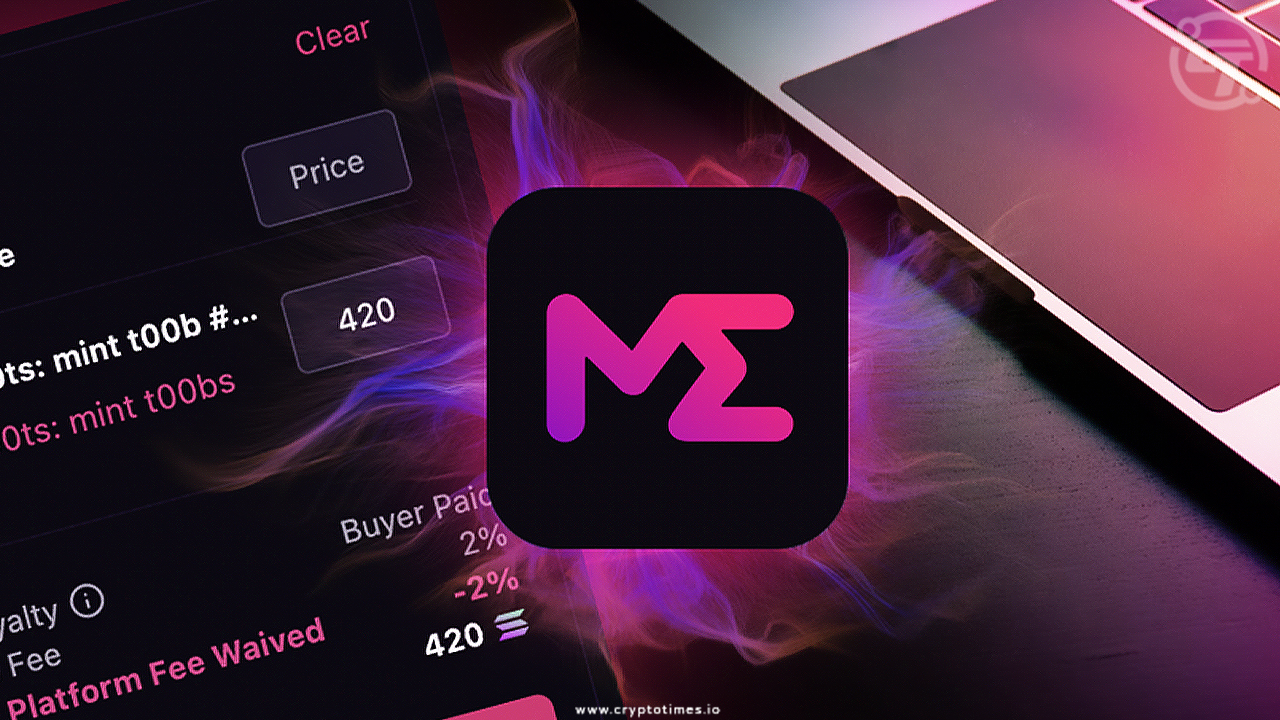Popular web browser Brave introduces an exciting new Web3 feature for Brave Talk, their privacy-preserving video calling product. Their latest offering is token-gated web3 calls! This groundbreaking development allows hosts to leverage NFTs and POAPs for access control, avatar customization, moderator assignments, and more.
Web3 Brave Talk calls not only enhance the functionality of Brave’s browser-native Brave Wallet but also mark the creation of the world’s first fully integrated Web3 live event platform. This product seamlessly integrates the browser, wallet, and video capabilities.
Brave Talk: The New Way To Explore Video Calls In Web3
In contrast to conventional video calling solutions like Zoom or Google Meet, where access control relies solely on passwords, Brave’s Web3 calls introduce novel features for user authentication and authorization. Leveraging the tradability of NFTs, the token-gating system simulates real-life event experiences by requiring participants to possess a “ticket” in the form of an NFT.
Token-gating represents a significant advancement for Brave Talk, enabling hosts to employ NFTs and POAPs as access passes to exclusive live events. Communities can organize members-only calls for token holders. Meanwhile, creators have the opportunity to reward loyal fans with exclusive access based on token ownership. Additionally, businesses can leverage open NFT marketplaces to sell and resell tickets for their events.
How It Works
Web3 calls are available to all Brave Talk users on any browser with any Web3 wallet. It facilitates broad accessibility and inclusivity. Hosts can also initiate a Web3 call by subscribing to Premium Talk. This unlocks the full potential of this innovative feature.
- To get started with Web3 Brave Talk calls, follow these steps:
- Open the Brave browser and navigate to talk.brave.com.
- Click on “Host a Web3 Call” (Premium Talk subscription required to access this option).
- During room creation or joining, the wallet will prompt for authentication and account access.
- Select an NFT as an avatar.
- Specify whether participants need to own an NFT or be a member of a POAP group to enter.
- Share the call link with desired attendees.
- Note: Brave Wallet is not mandatory for initiating or joining a Web3 Talk call; any browser-based or hardware wallet is also compatible.
What Exactly Is Token-Gating?
Token-gating serves as a primary access control mechanism in Web3. It comprises of two key components: authentication and authorization.
Authentication involves initiating the process with a blockchain wallet address owned by the user. This is verified through a unique signature generated by the wallet:
-
- A message is sent to the user by a service.
- The user signs the message using their crypto address.
- The signed message is sent back to the server.
- The service then verifies the signature. This establishes ownership of the address.
Brave Talk utilizes the SIWE (Sign-In with Ethereum) protocol for Web3 authentication.
- Authorization, within the token-gating context, involves specifying a token that an address must possess for authorization:
- NFT ownership: The host selects one or more NFT collections, requiring participants’ authenticated addresses to hold at least one NFT from the designated collections.
- POAP membership: The host designates one or more POAP events, necessitating participants’ authenticated addresses to be members of the specified groups.
- Additional authorization options are in the works for the future. Meanwhile, NFTs and POAPs represent the most commonly employed methods.
Future Enhancements for Web3 Brave Talk
Brave commits to continuous improvement and actively explores several enhancements for Web3 Talk. This includes:
- Support for non-Ethereum NFTs: Expanding token-gating capabilities to NFTs on other platforms in addition to Ethereum (ERC-721) NFTs.
- Token-gating based on specific token ownership: Requiring participants to possess a predetermined balance of a particular token for entry.
-
- Token-gating based on past ownership: Considering participants’ past blockchain activity, such as previous ownership of an NFT from a particular collection, instead of solely relying on the current state of the blockchain.
- Sending crypto to participants: With participants’ authenticated identities, the possibility of enabling a “Send crypto” menu option that opens a wallet widget pre-filled with the recipient’s address, requiring only the user to enter the amount and approve the transaction.
-
Brave also highly values user feedback and encourages the community to share thoughts and suggestions regarding additional Web3 features they would like to see integrated into Brave Talk. Furthermore, users provide feedback via Twitter or by submitting issues on Github.
All investment/financial opinions expressed by NFTevening.com are not recommendations.
This article is educational material.
As always, make your own research prior to making any kind of investment.
Credit: Source link





:quality(70)/cloudfront-eu-central-1.images.arcpublishing.com/dlnews/7Z5Z5UOTCNACBKLNIT7N4WXURY.png)




















